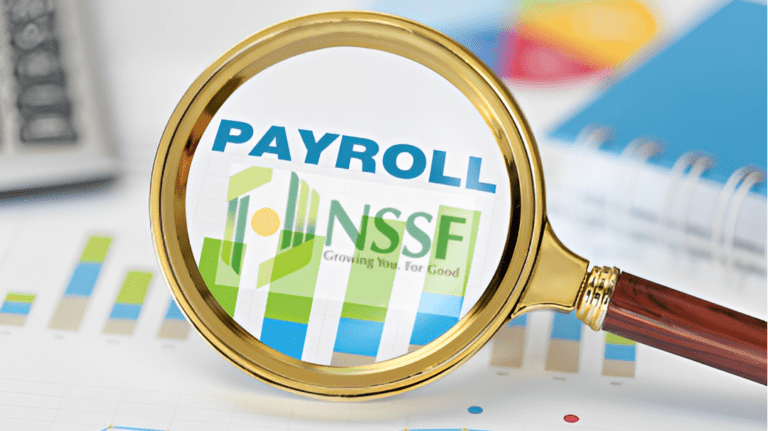Court Of Appeal Declares Nssf Act,2013 Constitutional, Employers & Employees To Pay New Rates
The Court of Appeal has upheld the constitutionality of the NSSF Act, 2013 (the NSSF Act) by setting aside earlier judgement of the Employment and Labor Relations Court (ELRC). The new law seeks to increase employees’ retirement savings.
Overview of the NSSF Act
The NSSF Act has revised employers’ and employees’ monthly contributions to the National Social Security Fund (NSSF).
Before implementation of the Act, both employers and employees made monthly contributions of KES. 200/= which capped the total contributions at KES. 400/=. The NSSF Act now provides for a monthly contribution equivalent to 12% of an employee’s monthly salary. 6% of the said contribution is deducted from the employee’s salary while the other 6% is paid by the employer.
The new NSSF rates apply on a graduated scale. Employees whose salary is KES 18,000/= or more will have to remit contributions of KES. 2,160/= as the upper limit, this is the Tier II contribution. Employers are mandated to pay half the amount, i.e. KES. 1080/=. Whereas for employees who earn below KES. 18,000/=, the contributions are now pegged at KES. 1,440/=, with employers contributing KES. 720/=, this is the Tier I contribution.
Court of Appeal decision
On 24th December 2013, the National Social Security Fund (NSSF) Act No. 45 of 2013 was assented into law. The said act was to take effect on 10th January 2014. However, it was challenged by various employers who filed a case in the Employment and Labor Relations Court (ELRC).The ELRC declared the NSSF Act unconstitutional on 19th September 2014, a decision that did not sit well with the National Social Security Fund Board of Trustees (the Board).
The Board filed an appeal of the judgement, highlighting that the ELRC did not have the jurisdiction to determine the constitutional validity of the NSSF Act, and that the enactment of the NSSF Act did not require the concurrence of the Senate and National Assembly.
In setting aside the ELRC judgement, the Court of Appeal (CoA) held that the ELRC did not have the jurisdiction to determine the constitutional validity of the NSSF Act. The CoA noted that the jurisdiction of the ELRC is limited to employment disputes or disputes where there is an employer-employee relationship. Therefore, considering the fact that the case at hand challenged the constitutionality of an Act, the case ought to have been filed at the High Court in accordance with Article 165(3) of the Constitution.
Further, the Court of Appeal held that there was no need for the National Assembly and Senate to have a concurrence on the enactment of the NSSF Act since social security matters fell within the National Government’s ambit as provided in the Fourth Schedule of the Constitution.
Next steps for Employers
NSSF issued a notice on 7th February 2023 indicating it would collaborate with stakeholders to ensure implementation of the NSSF Act. A further notice dated 9th February 2023 informed employers that the new NSSF rates are effective immediately.
With the NSSF Act officially in force, employers ought to ensure compliance with the new law to avoid penalties. All employers are mandated to make the relevant adjustments to their contributions to NSSF. There is also a need for employers to evaluate how the increase in contributions will affect their business. It is important to note that on 10th June 2014, the then Cabinet Secretary responsible for Labour, Social Security and Services, gazette Legal Notice No. 45 of 2013, the NSSF (Contracting out by Employers) Regulations, 2014 which provided a framework for employers who wish to remit Tier II contributions into a contracted-out scheme may do so through application to the Retirement Benefits Authority (RBA). Click on this link for more information. This gives employers the flexibility to opt for a privately run pension scheme should they wish to do so.
If you have any queries relating to the above, please do not hesitate to contact James Wairoto . Please note that this e-alert is meant for general information only and should not be relied upon without seeking specific subject matter legal advice.







